At the Haldia Institute of Management, recognized as the top management college in West Bengal, we understand the critical role ethics plays in hospital administration. The healthcare sector is rife with complex ethical dilemmas, from patient confidentiality to end-of-life care decisions. In this blog, we delve into these challenges, providing insights for aspiring hospital administrators.
Patient Confidentiality
One of the foremost ethical principles in healthcare is the protection of patient confidentiality. Hospital administrators must ensure that all patient information is securely stored and only accessed by authorized personnel. The digitization of medical records, while improving efficiency, also raises significant concerns about data security and privacy. It's crucial to implement robust IT systems and regular staff training to maintain confidentiality.
Informed Consent
The concept of informed consent is another cornerstone of ethical healthcare. Patients have the right to be fully informed about their treatment options and to make decisions about their care. Administrators must ensure that their staff is trained in communicating effectively and compassionately, ensuring patients understand the risks and benefits of procedures. This involves a delicate balance between medical knowledge and patient autonomy.
End-of-Life Care
End-of-life care decisions are perhaps some of the most challenging ethical issues faced in hospital administration. These decisions often involve complex discussions with patients and their families about life-sustaining treatments and palliative care options. Hospital administrators must foster an environment where ethical considerations are part of the decision-making process, respecting the wishes of the patient while also considering the advice of medical professionals.
Balancing Cost with Quality of Care
In an era where healthcare costs are constantly rising, hospital administrators must make tough decisions about resource allocation. Balancing the budget while ensuring high-quality patient care is an ethical challenge. It requires a strategic approach to healthcare management, one that prioritizes patient needs without compromising the hospital's financial stability.
Navigating Cultural and Religious Sensitivities
With the increasing diversity in patient populations, hospital administrators must be sensitive to cultural and religious differences. This includes accommodating dietary restrictions, language needs, and varying beliefs about medical interventions. A culturally competent healthcare environment is essential for providing equitable care to all patients.
Dealing with Medical Errors
When medical errors occur, how they are handled is a test of a hospital's ethical standards. Transparent communication with patients and their families, along with a thorough investigation and a commitment to preventing future errors, is crucial. Hospital administrators play a key role in cultivating this culture of transparency and continuous improvement.
Conclusion
The ethical landscape in hospital administration is complex and multifaceted. At the Haldia Institute of Management, we prepare our students to navigate these challenges with integrity and compassion. As a leading management college in West Bengal, our focus is on developing leaders who can balance ethical considerations with effective hospital management, ultimately contributing to a healthcare system that respects and upholds the dignity and rights of every patient.
